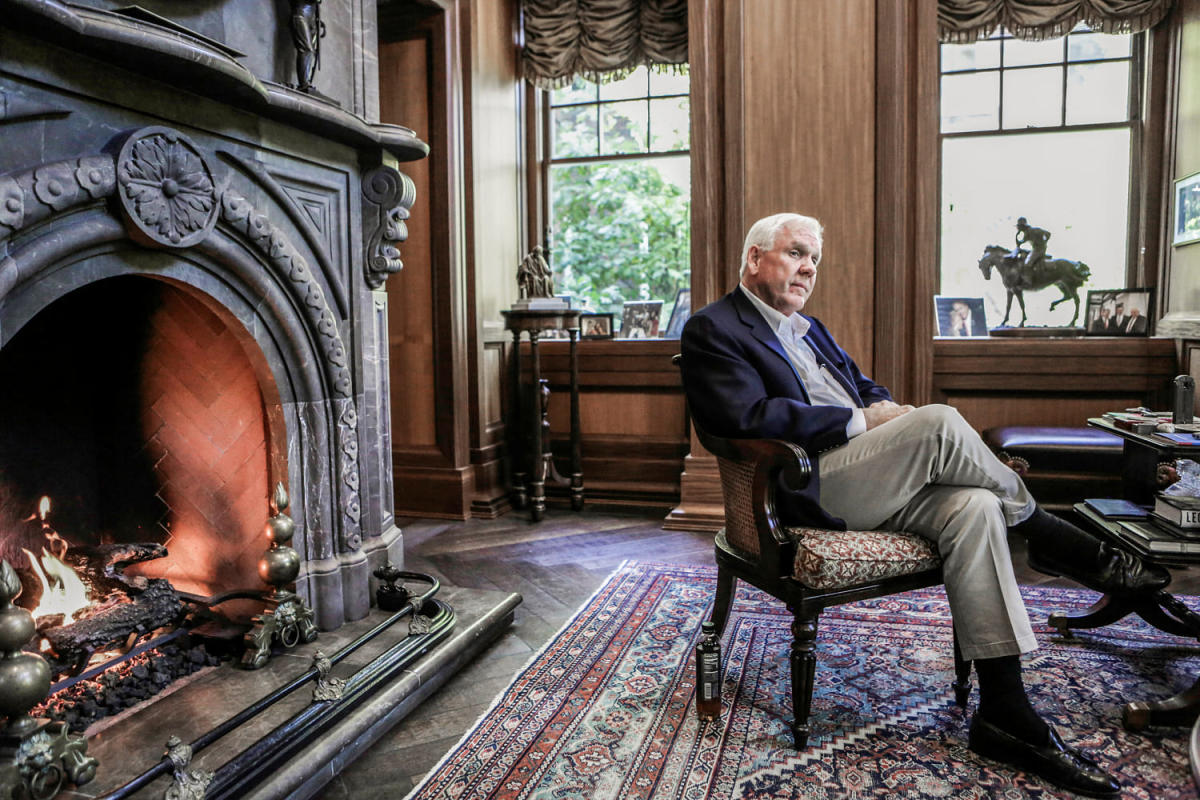The Senate Judiciary Committee recently approved subpoenas for conservative activist Leonard Leo and GOP megadonor Harlan Crow as part of its Supreme Court ethics probe. This move was made by 11 Democratic senators, with zero votes from Republican senators, who walked out of the committee room once it became clear that the Chairman Dick Durbin, D-Ill., would not allow votes on any GOP amendments.
The GOP senators argued that the subpoenas are not valid due to a procedural issue where the meeting should have concluded at noon but went on for two extra minutes. In their view, no quorum was present for the committee to conduct business because they walked out of the vote.
However, Democrats may not achieve what they’re looking for with these subpoenas since they are unenforceable without the necessary 60 votes on the Senate floor, a majority that is unattainable with 49 Republican seats. In response, Crow’s office stated that despite the unenforceability, Crow is willing to engage with the Committee, echoing the GOP’s argument about the invalidity of the subpoenas.
Leo also refused to cooperate with the Judiciary Committee Democrats, noting that they had been undermining the Supreme Court and the Senate. Furthermore, the committee’s Republicans publicly advised Crow and Leo to ignore the subpoenas.
Whether these subpoenas will have any impact on bipartisan legislation is up for debate. The committee had been expected to address 177 GOP filed amendments that could impact the meeting’s length. This led to strong comments from Republican committee members warning about the consequences of rejecting GOP-speaking rights.
The meeting descended into partisan bickering as Democrats tried to block Republicans from debating a judicial nominee, and it became tense after Durbin denied Republicans the right to speak about the nominee. The disagreement resulted in an intense exchange between stakeholders, raising questions about the future of bipartisan legislation.
The Supreme Court has been under scrutiny about accepting undisclosed gifts, and the recent adoption of a new code of conduct by the Court following allegations of ethical lapses is also likely to have limited impact. These details were first published on NBCNews.com.


